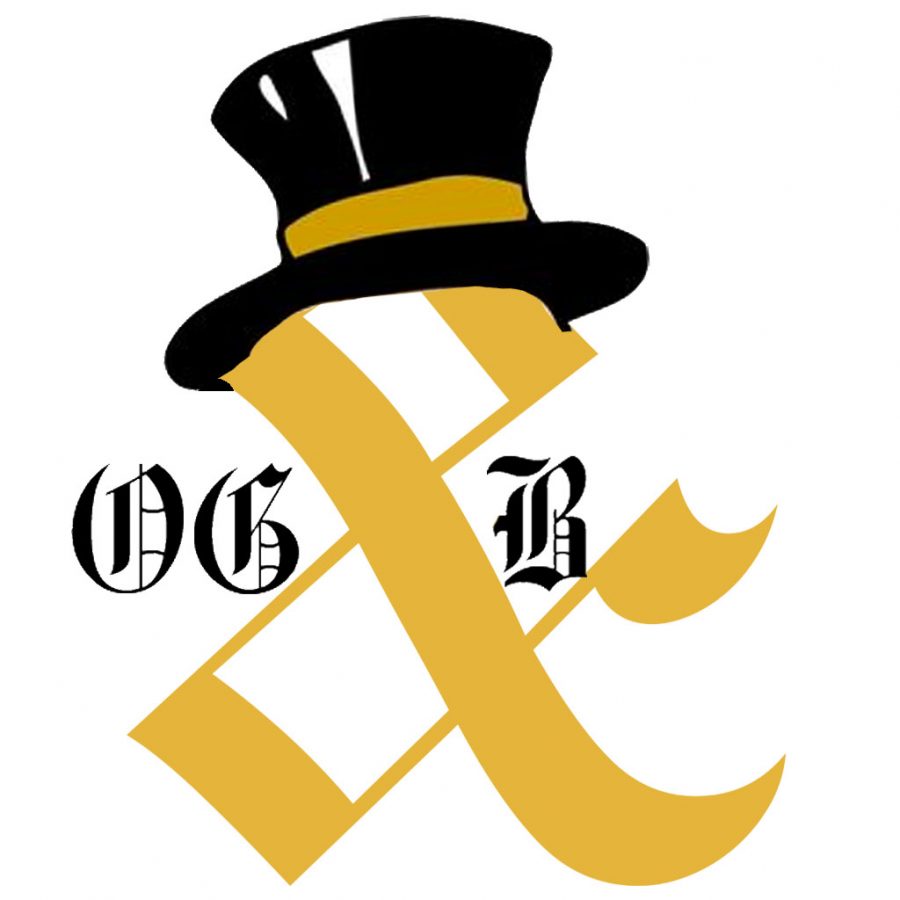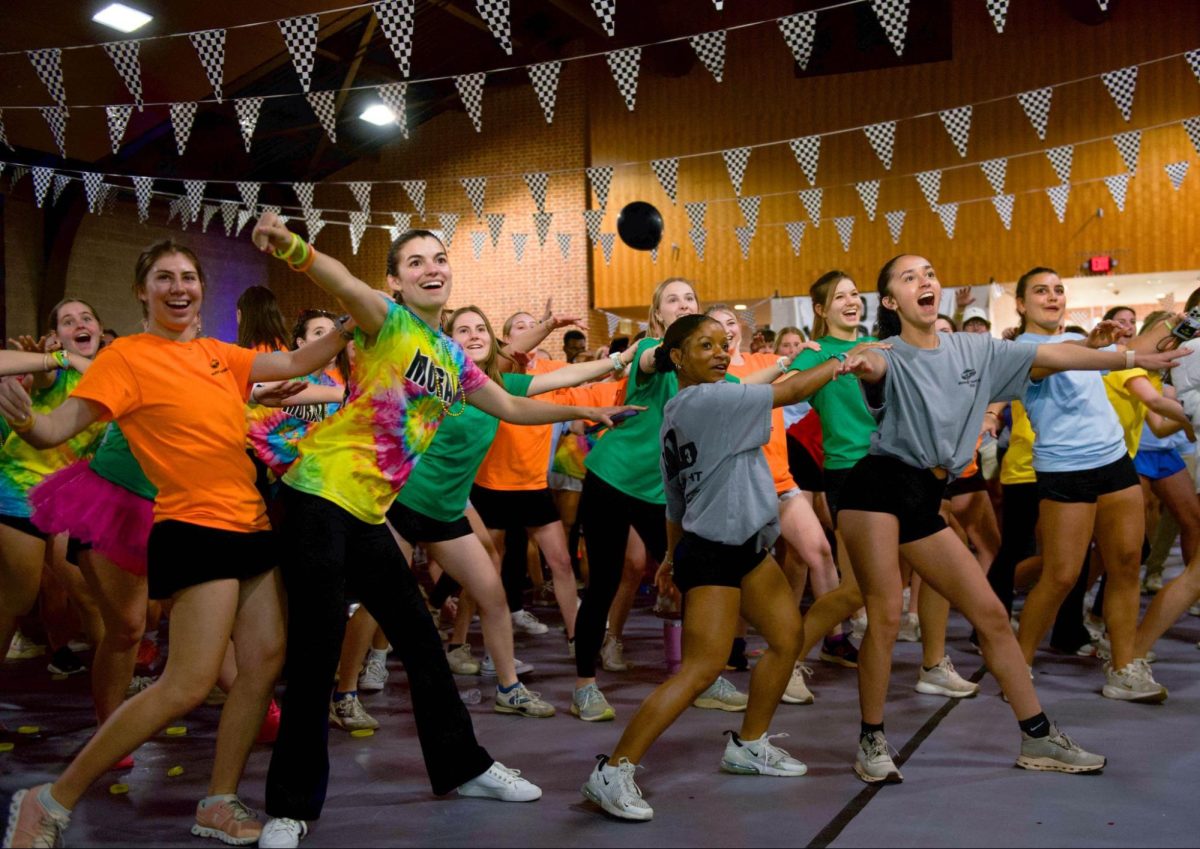The Spring season symbolizes the importance of new beginnings and transformations. While there is certainly value in the act of reinvention, this season can also be used as a time of reflection and honoring tradition — something that many religious communities on campus find themselves doing this time of year.
For the Abrahamic religions — Christianity, Judaism and Islam — Spring is a time of several holidays. For Christian students, some of these holidays include Palm Sunday, Good Friday and Easter. Jewish students may be celebrating Passover, and some Muslim students just finished celebrating Ramadan and Eid-al-Fitr.
Additionally, while not an Abrahamic tradition, several members of the Wake Forest community recently celebrated the Hindu holiday Holi, which has widespread cultural influence.
For some students, this holiday season may feel different than those past, particularly as tensions on college campuses have been continuing to rise since the start of the Israel-Hamas war.
When events like this happen, the entirety of our campus feels the impact. For Jewish and Muslim students who are meant to be spending this time celebrating their faith and religious history, this impact can feel even heavier.
Ramadan is a Muslim holiday celebrated during the ninth month of the Islamic Calendar in honor of when the Quran was revealed to Prophet Muhammad. It directs Muslims across the world to reorient themselves towards Allah and their faith in light of the innumerable distractions working against them.
Its message of furthering societal welfare has taken on a new meaning in light of the Israel-Hamas war. Amidst a month of self-reflection, the ongoing suffering of Gazan Muslims has been a call to action for many supporters across the world in the spirit of Ramadan.
The events and fallout of Oct. 7 have also impacted our Jewish community on campus as they prepare to celebrate the sacred holiday of Passover this weekend.
Passover is a Jewish holiday commemorating the exodus of the Israelites from Egypt, where they had been an enslaved people. It is a time to celebrate overcoming challenges as a community — a theme that hits home today during the challenging era we live in.
As Passover arrives, the Jewish people are similarly reminded of their own liberation from a history of religious and political violence. Like Ramadan, Passover reinforces the spiritual dedication of its adherents through a period of suffering.
These holidays belong to distinct religious traditions, but share a message of renewal through community. As recent events have sought to divide our population, we should not forget that Ramadan and Passover have more in common than it might appear.
While this holiday season may feel heavy for some of our students impacted by global events, we want to voice our unyielding support for students of all faiths across campus to continue practicing their traditions. We urge all students, those celebrating the holidays or otherwise, to hold space for their neighbors.












